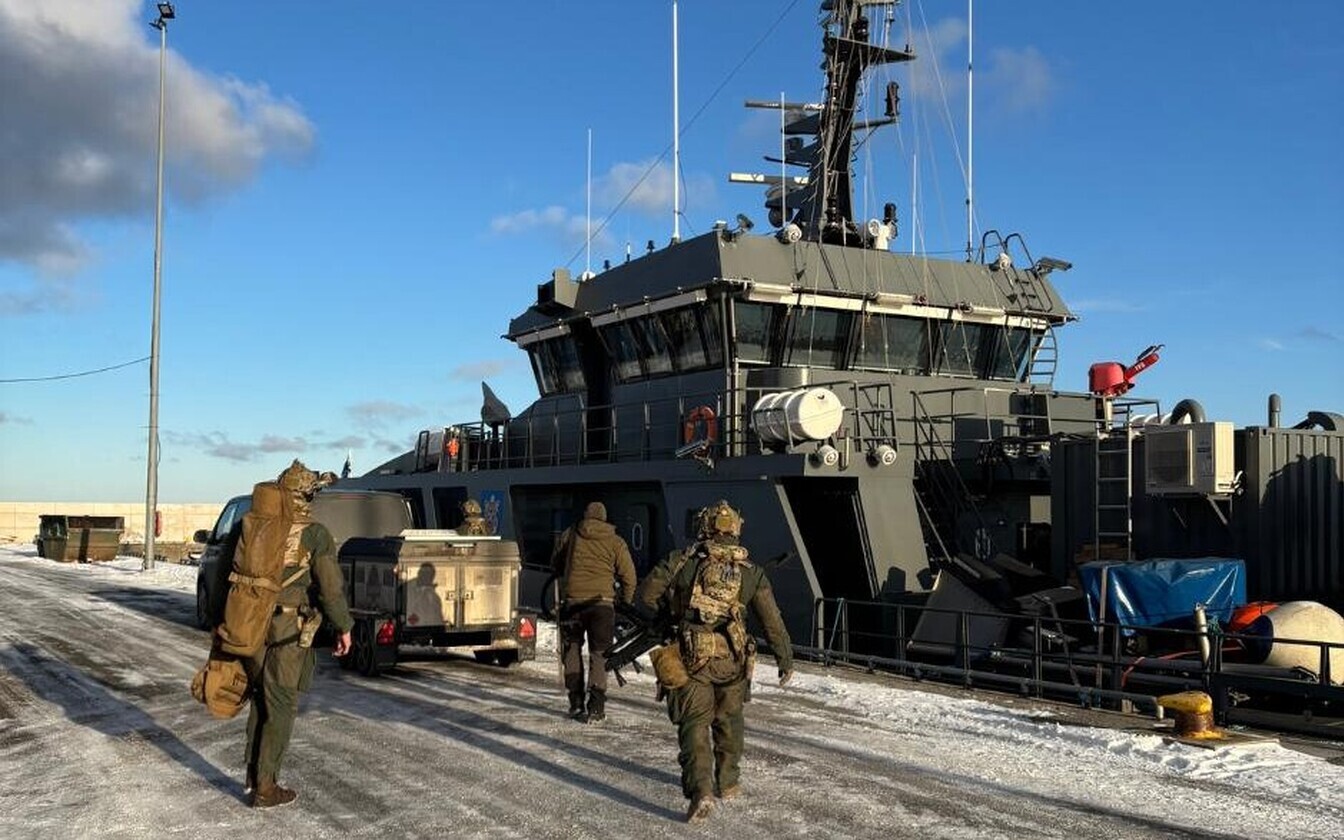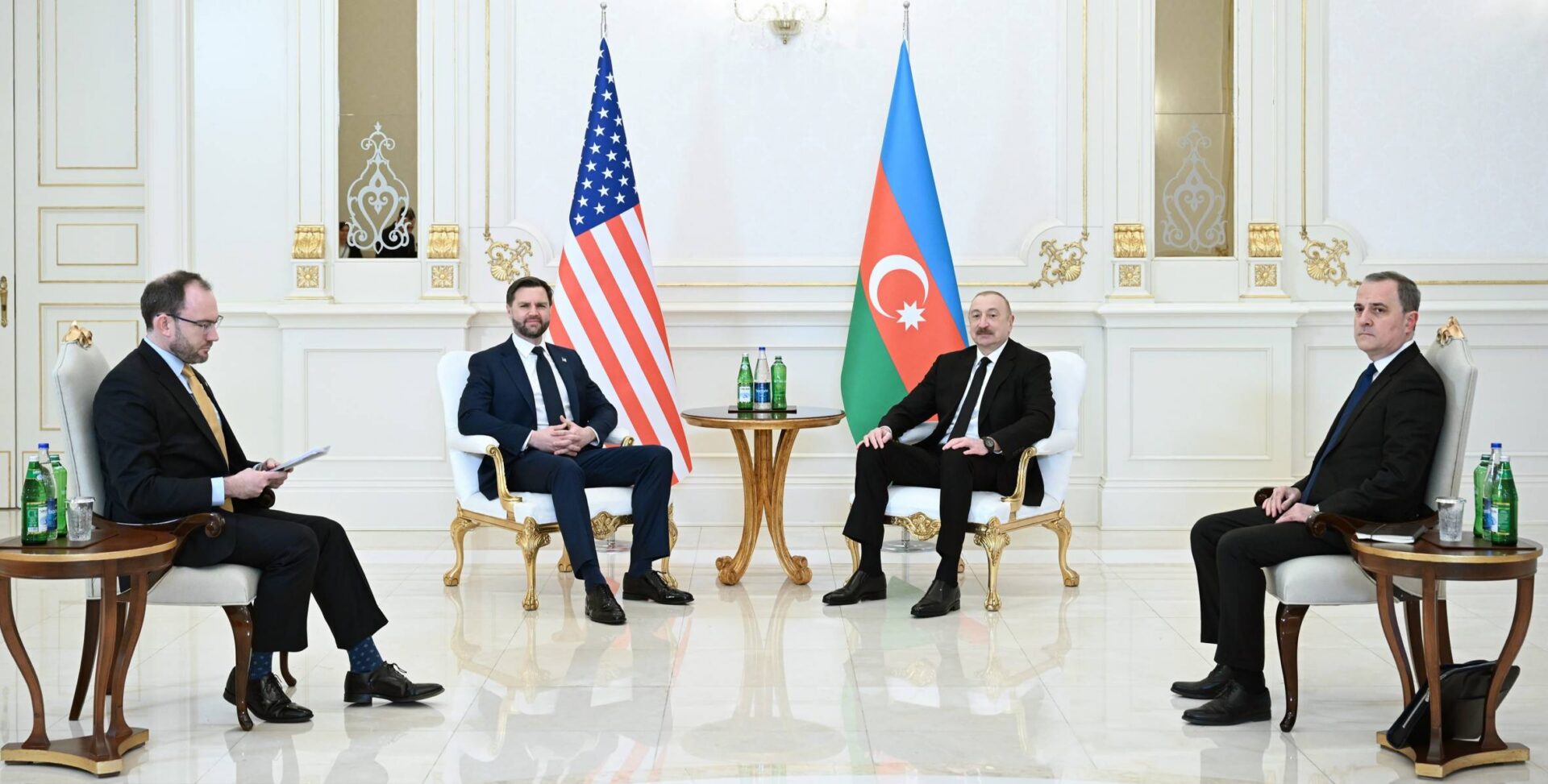
Cossack Cadet Corps Expanding in Russia
Cossack Cadet Corps Expanding in Russia
Executive Summary:
- Russia is expanding the role of the Cossacks, notably the Cossack Cadets Corps, as a significant structure in its national youth policy and as a tool for military indoctrination.
- Cossack groups are spreading into new domestic regions, such as Irkutsk oblast and Krasnoyarsk krai, and are supported by high-level officials and presidential grant funding.
- Cossack organizations are thriving in the occupied territories of Ukraine, particularly the Luhansk People’s Republic, suggesting a strategy to legitimize Russian rule and establish long-term social control.
The finals of the Kremlin competition “to be and not to seem” were held in Kazan starting on October 11. The program, initiated from Russian President Vladimir Putin’s office, encourages the exchange of ideas and techniques between teachers and mentors, and recruits people into the “personnel reserve of youth policy.” The program was established in 2024 to create a reserve personnel cadre and brought together the Russian Center for Civic and Patriotic Education of Children and Youth (Rospatriot, Роспатриот), the movement of the first, the center of military-sport preparation “Voin,” and the association of volunteer centers “Dopro” (Stroganov University, accessed October 21). Among the one hundred winners were two Cossacks. They were Smolensk Cossack Artem Babchikov and Orenburg Cossack Ekaterina Varlakova, who is a second-year student at the First Cossack University in Moscow (VsKO, October 20). The inclusion of the Cossacks into such a clear recruiting platform for the army suggests an important place for them in military indoctrination.
Russia’s long-term strategy to sustain its war against Ukraine has led to examinations of Russia’s youth policy and changing educational curricula. The universal and mandatory schooling system has received the bulk of attention, although some interest has also been paid to tertiary-level education (The Moscow Times, February 17, 2023; Kyiv Post, April 22; see EDM, October 14). Even within an authoritarian country such as Russia, education policy is not monolithic, and there may be numerous social institutions that the Kremlin commandeers for its own purposes. The Cossacks are one such structure, and possibly the most significant (see EDM, September 18). The Kremlin continues to expand the role of the Cossacks in its overall youth policy, especially in areas related to its war against Ukraine (see EDM, October 17, 2022, March 25, 2024). Recent publications stress both the importance of Cossacks in Kremlin youth policy and distinctly focus on the expanding influence of the Cossack Cadets Corps.
Cossack Cadets Corps groups have also been expanding into regions where they were previously absent, demonstrating the importance of the movement to Kremlin plans (see also EDM, November 8, 2023). These groups describe themselves as “modern training grounds for future defenders of the motherland” (Soyuz Kazach’ey Molodezhi Kubani, accessed October 29). In the Irkutsk oblast, infrastructure work on the building of a new Cossack Cadets Corps institution continues and was discussed at a working meeting that brought together Ataman of the All-Russian Cossack Society, Vitaly Kuznetsov, governor of the Irkutsk oblast, Igor Kobzev, and a member of the Presidential Council on Cossack Affairs, Valery Medvedev (VsKO, October 20). Similarly, in the village of Podtesovskom in Krasnoyarsk krai, a Cossack Cadets Corps institution hosted a meeting for the youth of the Yenisei Cossacks. Participants devoted three days to learning leadership skills, media literacy, tactical medicine, and survival in extreme conditions, and received advice on grant opportunities. Just as in Irkutsk, a group of government officials also attended, including Konstantin Rogov, Head of the Krasnoyarsk Agency for Youth Development, Yenisei Ataman Nikolai Khudoleev, and legislative deputies from the regional parliament. The youth completed several activities, including playing the sport Klia, which is similar to rugby, with the winners being awarded the Ataman’s cup (VsKO, October 20). Many extremist and militant groups use sport to recruit youth and keep them engaged with the organization, and sport also has the advantage of being excellent preparation for the military.
Cossack Cadets Corps organizations have also been recipients of grant funding in areas of the country most closely associated with the Cossacks. In Volgograd, for instance, the local group, named after Nedorubov, painted a mural of Cossack history on its wall, becoming one of 10 Cossack Cadets Corps organizations that received such decorations under the terms of a presidential grant. The grant for a historical-educational project called “Cossack heroes: Yesterday and Today” funded the creation of a total of 20 murals in various locations. The murals would be “a page of living history” and a “bridge between generations,” according to Sergei Isakov, director of the Nedorubov Cossack Cadets Corps (VsKO, September 24). The Russian government is thus continuing to place the Cossacks close to the center of its new emerging ideology.
Cossack Cadets Corps organizations are thriving in the occupied territories of Ukraine. Their numbers indicate that they are set to be a significant component in establishing social control over these regions (see EDM, April 10, 2024). Claiming that “the Cossacks are the backbone of Russia,” Kuznetsov informed a group of students that “in two years, thanks to the head of the republic, three Cossack Cadets Corps have been created in the Luhansk People’s Republic (LNR) … In the near future, another Cossack Cadets Corps will open, because there are a lot of people who want to enter” (VsKO, May 31). The popularity of the Cossacks in occupied Ukraine is being used to legitimize the region’s new de facto status as part of Russia. Similarly, young Cossacks from the organization named after Marshal Alexander Efimov represented the LNR in festivities in Moscow (VsKO, May 28). In creating so many Cossack organizations in the occupied territories of Ukraine, the Russian government may be revealing part of its strategy for governing the territories when the fighting eventually stops. The Cossacks, however, have also played an important historical role in rebelling against Moscow.


